Introduction
Fine motor skill development is a critical aspect of a baby's growth, laying the foundation for future learning and everyday tasks. These skills involve the coordination of small muscles in movements—usually involving the synchronization of hands and fingers with the eyes. In this blog, we will explore expert tips and advice on fostering these essential skills in infants.
"The development of fine motor skills in infancy is a gateway to a lifetime of learning and growth." - Dr. Jane Smith, Pediatrician
Section 1: Understanding Fine Motor Skills
Fine motor skills refer to the ability to make movements using the small muscles in our hands and wrists. According to experts and the World Health Organization (WHO), these skills are crucial for performing precise tasks like grasping toys, buttoning clothes, and eventually writing. Developing these skills in infancy sets the stage for achieving significant developmental milestones. Fine motor skills also encompass hand-eye coordination, dexterity, and precision, all of which are vital for a child's ability to interact with their environment and complete everyday activities effectively.

Section 2: Fine Motor Skills vs. Gross Motor Skills
Fine motor skills are distinct from gross motor skills, which involve larger movements and the use of big muscles in the arms, legs, and torso. While fine motor skills enable a baby to perform delicate tasks, gross motor skills are related to movements such as crawling, walking, and jumping.

Section 3: Importance of Fine Motor Skill Development
Fine motor skill development is crucial for a child’s overall growth, fostering independence and cognitive abilities. These skills help in daily activities such as feeding, dressing, and eventually academic tasks like writing. Developing fine motor skills ensures that children grow up with the ability to handle tools and objects efficiently, which is necessary for both play and learning.
The ability to perform fine motor tasks influences a child's self-esteem and confidence as they achieve new milestones. Fine motor skills are linked to cognitive development; activities that require fine motor precision often stimulate problem-solving and critical thinking skills. Therefore, nurturing these skills from an early age can contribute significantly to a child's intellectual and emotional growth.
Section 4: Activities to Enhance Fine Motor Skills
4.1 Sensory Play
Engaging infants in sensory play, such as playing with textured toys or materials, can significantly improve their fine motor skills. Sensory play encourages exploration and manipulation, which are essential for developing hand strength and coordination.

4.2 Tummy Time
Tummy time is not just for gross motor development. It also promotes fine motor skills by allowing babies to reach for objects and push up with their arms, enhancing both their fine and gross motor abilities. We've written in detail about tummy time, and you can read about it here
4.3 Baby Play Gyms
Introducing baby play gyms, like the Kidikools 6-in-1 Baby Play Gym Mat, can be a game-changer for developing fine motor skills. These play gyms offer a variety of activities that encourage reaching, grasping, and manipulating objects. The Kidikools play gym, for example, includes features like hanging toys that babies can grasp and bat at, textured surfaces that stimulate touch, and interactive elements like mirrors and crinkle fabrics that engage a baby's curiosity and encourage exploration.

4.4 Features of Baby Play Gyms
● Hanging Toys: These toys are positioned within reach for babies lying on their backs. Reaching for and grasping these toys helps develop hand-eye coordination and arm strength.
● Textured Surfaces: Different textures provide sensory input that enhances tactile awareness and fine motor skills. Babies learn to differentiate and manipulate various materials.
● Interactive Elements: Mirrors and crinkle fabrics draw a baby's attention and encourage them to touch and explore, promoting curiosity and fine motor skills.
● Multiple Activity Stations: Play gyms often have areas dedicated to different activities, such as tummy time mats with attached toys, which encourage reaching and grasping from different angles.
● Adjustable Settings: Some play gyms can be adjusted as the baby grows, providing continuous opportunities for skill development.
Check out our previous blogs on play gyms here:
The Benefits of Using Baby Play Gym
Key Features to Select a Best Playmat for Newborn !!
Stress-Free Travel Tips for Parents
Section 5: Role of Play in Fine Motor Development
Play is a vital component of fine motor development. Through play, children practice skills such as stacking blocks, drawing, and threading beads. These activities enhance hand-eye coordination and precision, setting the stage for more complex tasks as they grow older. Play-based learning is particularly effective because it engages children in a fun and meaningful way, encouraging them to practice and refine their skills without feeling pressured.
5.1 Development Through Play

Section 6: Tools and Resources for Parents
There are numerous tools and resources available for parents to support their child’s fine motor development. These include specialized toys, activity books, and online resources with guided exercises and tips. Parents can also consult pediatricians and child development experts for personalized advice and recommendations.
6.1 Recommended Tools
● Toys: Soft blocks, stacking rings, and shape sorters are great for enhancing fine motor skills. These toys encourage babies to grasp, manipulate, and explore different shapes and textures, promoting hand strength and dexterity.
● Activity Books: Books with coloring, drawing, and simple puzzles can stimulate hand-eye coordination. Activity books designed for infants often feature thick pages and easy-to-grasp crayons or markers, allowing babies to practice controlled movements.

● Online Resources: Websites and apps offering interactive games and activities designed for fine motor skill development. Many online resources provide step-by-step guides for parents to create engaging and developmentally appropriate activities at home.
6.2 Consulting Experts
● Pediatricians: Regular check-ups with pediatricians can help monitor a child’s motor skill development. Pediatricians can provide tailored advice and recommend specific activities or interventions if needed.
● Child Development Experts: Specialists in early childhood development can offer insights and strategies to enhance fine motor skills. They can also conduct assessments to identify any areas that may require additional support.
Summary
Fine motor skills are essential for a child’s development, influencing their ability to perform everyday tasks and learn new skills. By understanding the difference between fine and gross motor skills, parents can better support their child’s growth. Activities like sensory play, tummy time, and the use of baby play gyms can significantly enhance these skills. Utilizing the right tools and resources can make a substantial difference in a child's development journey.
Our previous blog, "Boosting Baby’s Gross Motor Skills for the First 4-6 Months," provides more insights into the importance of motor skill development. Stay tuned for our upcoming blog, "Boosting Speech and Cognitive Skills: 4-12 Months," which will offer guidance on nurturing your child's early language and cognitive abilities.
References
1. World Health Organization (WHO). Child Development.
2. Smith, J. (2023). The Importance of Fine Motor Skills in Early Childhood. Pediatric Journal.
3. Kidikools Blog. Enhancing Fine Motor Skills with Play Gyms.
4. American Academy of Pediatrics. Milestones in Child Development.
5. National Association for the Education of Young Children (NAEYC). Developmentally Appropriate Practice.
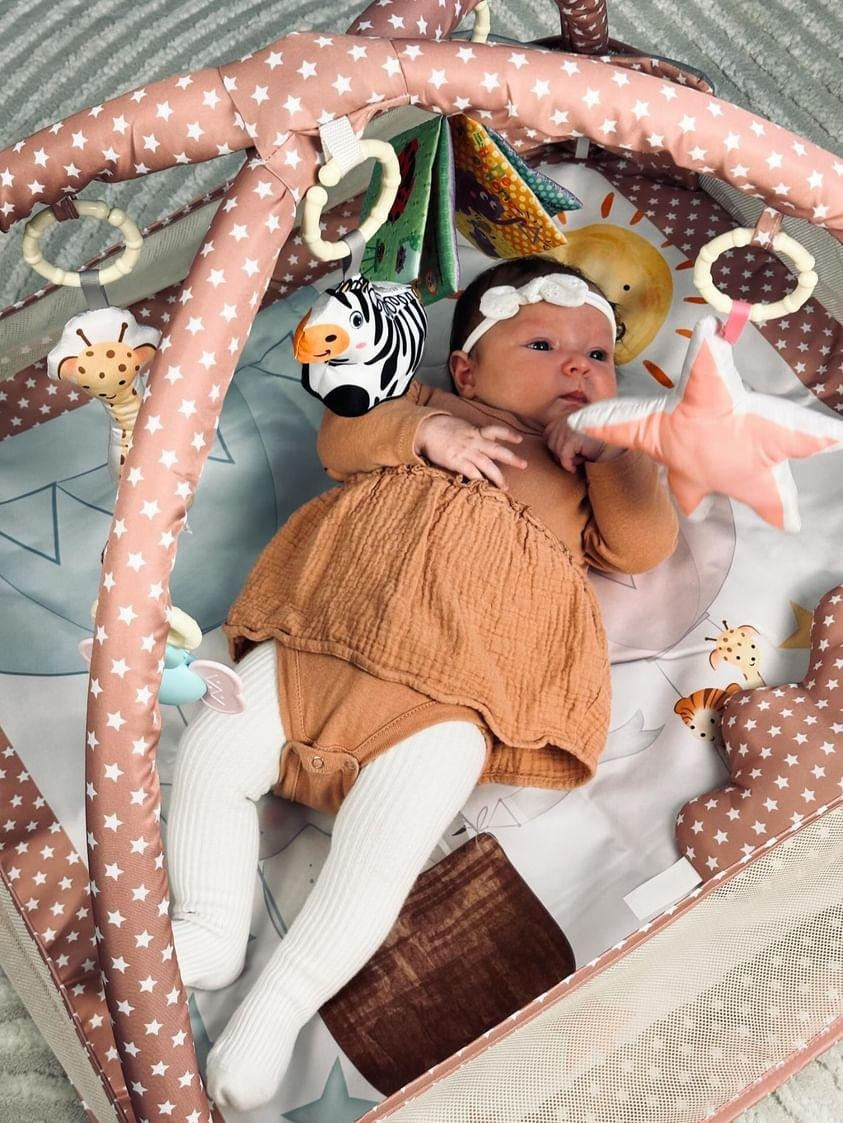


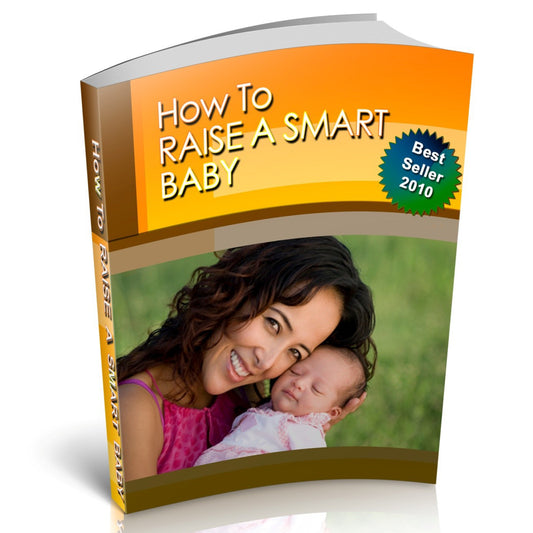
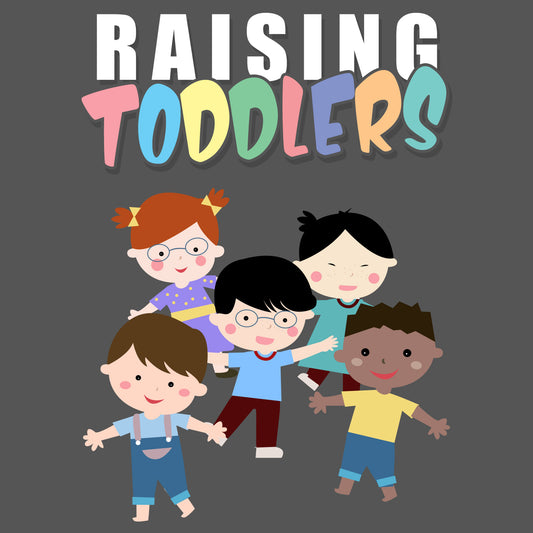
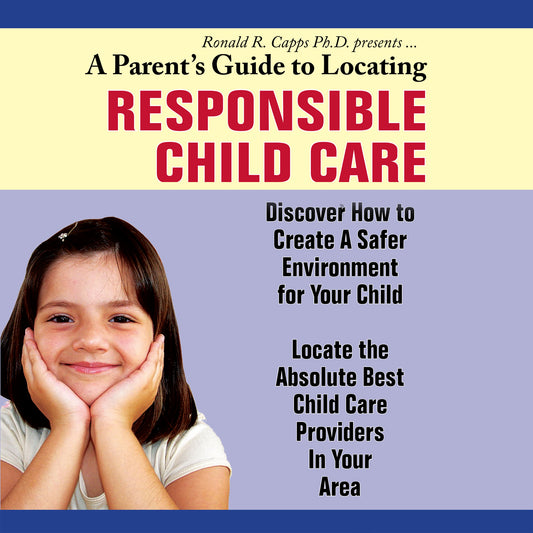
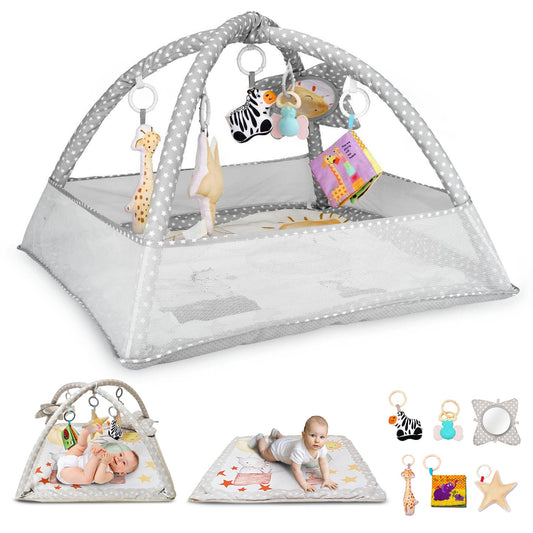
2 comments
Great insights! Fine motor skills are truly the foundation for so many milestones. Love the practical tips and activities shared here!
This blog is super helpful! I love how it explains the importance of fine motor skills and gives easy activities to try with my baby, like sensory play and tummy time. The tips on using play gyms are great too!